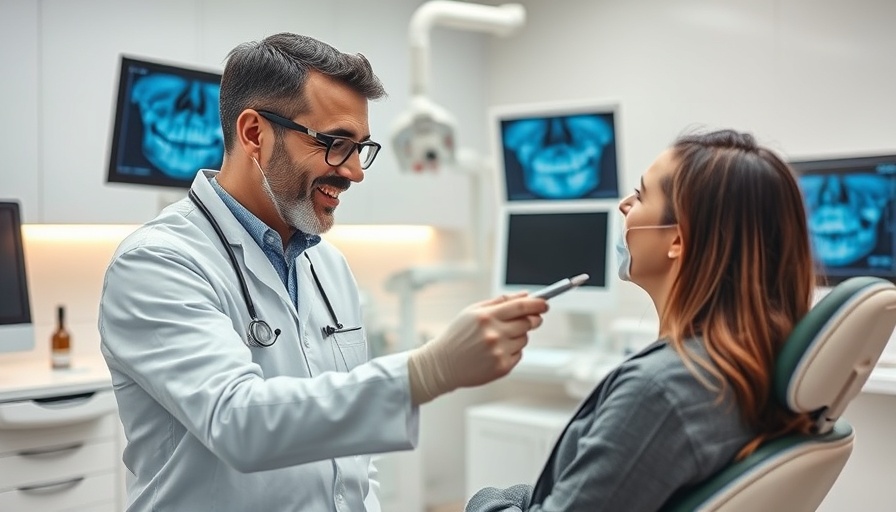
Why Your Oral Hygiene Routine Matters
Have you ever thought about how your daily habits may be affecting your teeth? The truth is, certain behaviors can significantly influence your oral health, leading to everything from cavities to gum disease. Whether you’re someone who loves snacking on sugary treats or simply forgets to floss, these habits can sneak up on you and wreak havoc on your smile.
Common Habits That Harm Your Teeth
Let’s dive into some common culprits that might be silently destroying your precious pearly whites.
- Frequent Snacking on Sugary Foods: Indulging in sweets might bring joy, but the aftermath can be detrimental. Sugar feeds the harmful bacteria in your mouth, which produces acids that attack your tooth enamel.
- Neglecting Oral Hygiene: Skipping your brushing and flossing routine? That can lead to plaque build-up, resulting in gingivitis and cavities. Make sure to brush at least twice a day and floss regularly!
- Using Your Teeth as Tools: Need to open a bottle or rip a package? Using your teeth can cause chips or fractures. Trust me, your teeth are not designed for that!
- Smoking and Tobacco Use: Not only does tobacco contribute to gum disease, but it can also lead to bad breath and tooth discoloration. For your teeth’s sake, consider quitting!
- Ignoring Regular Dental Check-ups: Regular dentist visits can help catch problems before they escalate. Aim for at least twice a year for cleanings and check-ups.
Parallels Between Oral Health and Overall Well-being
It might surprise you, but taking care of your teeth is closely tied to overall health. Poor oral hygiene has been linked to heart disease, diabetes, and respiratory infections. Similarly, stress and anxiety can lead to bruxism (teeth grinding), further damaging your smile. So, not only does taking care of your mouth matter for your confidence, but it can also affect your physical health!
Future Trends in Oral Care
As we move forward in time, dental health is evolving, and new technologies are emerging that can help improve our oral hygiene. Innovations like AI-assisted dental check-ups and smart toothbrushes promise to revolutionize how we approach our dental care. As technology advances, maintaining oral health may become even easier and more efficient!
Counterarguments: Can Bad Habits Be Managed?
Some believe that certain bad habits can be managed without significant lifestyle changes. For example, they may think just brushing intensely will negate the damage caused by a sugary diet. While brushing is essential, it is not a substitute for maintaining a balanced diet. It’s vital to understand that combining good eating habits with proper oral care is key for a healthy smile.
Practical Tips to Enhance Your Oral Health
Now that you're aware of the potential dangers lurking in your routine, here are some practical tips to enhance your dental health:
- Opt for teeth-friendly snacks: Choosing fruits, vegetables, and nuts will keep your teeth strong and provide essential nutrients.
- Keep a dental kit handy: Whether at work or on-the-go, having a travel toothbrush and floss can help maintain your oral care routine.
- Stay hydrated! Drink plenty of water throughout the day to help wash away food particles and keep your mouth moist.
Understanding the Impact of Stress on Your Smile
We often forget how stress can bear down on our health, including our oral hygiene. Many people unknowingly grind their teeth when under pressure, which can lead to enamel erosion and jaw pain. Finding healthy ways to decompress can contribute not just to your mental wellness but also to preserving your dazzling smile!
In conclusion, many seemingly innocent daily habits could be doing damage to your teeth and gums. By being aware of these habits, you're already on your way to a healthier smile. Take the time to evaluate your routine and consider making some changes for the better. Remember, a smile is a powerful asset!
Ready to make some changes? Overhaul your oral health routine today for a brighter tomorrow!
 Add Row
Add Row  Add
Add 




Write A Comment